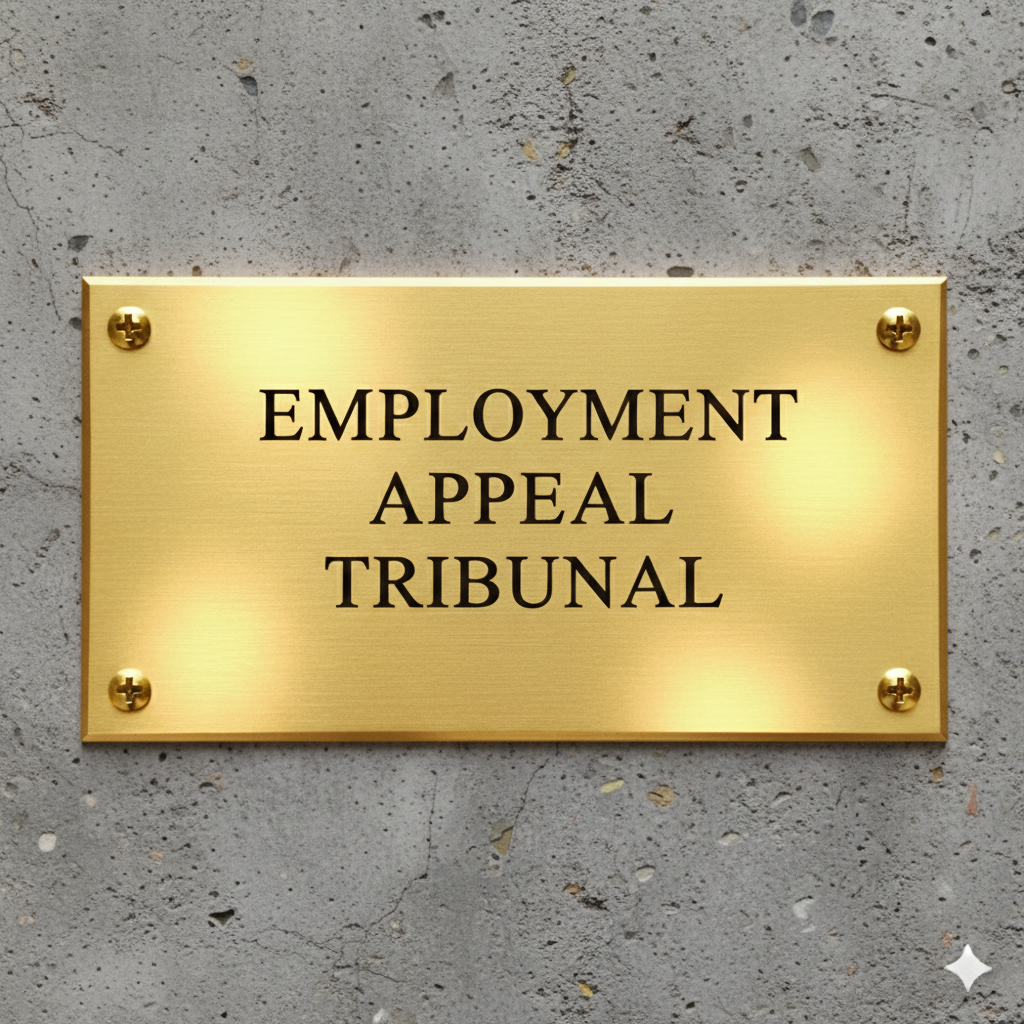Solicitor's Wage Deduction Claim Dismissed at Employment Appeal Tribunal
The Employment Appeal Tribunal has dismissed Mr. Dobbie's claim against Feltons Solicitors, finding no unlawful wage deductions occurred under the consultancy agreement.
• public
Solicitor's Wage Claim Fails on Appeal
The Employment Appeal Tribunal (EAT) has dismissed an appeal by Mr. Alastair Dobbie against Paula Felton T/A Feltons Solicitors regarding alleged unlawful deductions from wages. The case, Dobbie v Feltons Solicitors [2025] EAT 71, centred on the interpretation of a consultancy agreement and whether Mr. Dobbie was entitled to a percentage of all fees billed for a specific client, or only those fees related to his direct work.
Background: Consultancy Agreement and Client Fees
Mr. Dobbie, a solicitor and non-practising barrister, worked for Feltons Solicitors under a consultancy agreement. The agreement stipulated he receive 40% of fees billed and received by the firm, increasing to 50% for clients he introduced. A dispute arose concerning fees related to a client, referred to as "client A", with Mr. Dobbie claiming he was owed a higher percentage of overall billed fees for the client's work.
Tribunal's Decision and Appeal
The Employment Tribunal initially ruled that Mr. Dobbie was only entitled to 40% of the fees billed and received for work he personally undertook for client A. Mr. Dobbie appealed, arguing that the consultancy agreement entitled him to 40% of all fees billed for client A, regardless of who performed the work.
EAT Upholds Tribunal's Interpretation
The EAT, led by Michael Ford KC, Deputy Judge of the High Court, upheld the Employment Tribunal's decision. The EAT agreed that, based on a proper interpretation of the consultancy agreement, Mr. Dobbie was only entitled to a percentage of fees derived from his direct contributions to the client's work. The Tribunal rejected Dobbie's argument that the agreement entitled him to a percentage of the total fees charged to the client, even for work completed by other fee earners. The court noted that the “entire agreement” clause prevented oral modifications to the original agreement.
Key Legal Points
The EAT emphasised the importance of contractual interpretation, referencing the principles outlined in Arnold v Britton [2015] AC 1619 and Wood v Capita Insurance Services Ltd [2017] AC 1173. The Tribunal highlighted that the natural and ordinary meaning of the contract language, alongside the overall context, should guide interpretation. It determined that the consultancy agreement focused on remuneration for personal services rendered by the consultant. It also ruled that there was no unlawful deduction of wages from Mr. Dobbie, as Mr Dobbie was only entitled to a percentage of the fees he generated personally.
Read the entire judgement here: Mr Alastair Dobbie v Paula Felton t/a Feltons Solicitors [2025] EAT 71
